Need to remove obstacles in environmental licensing
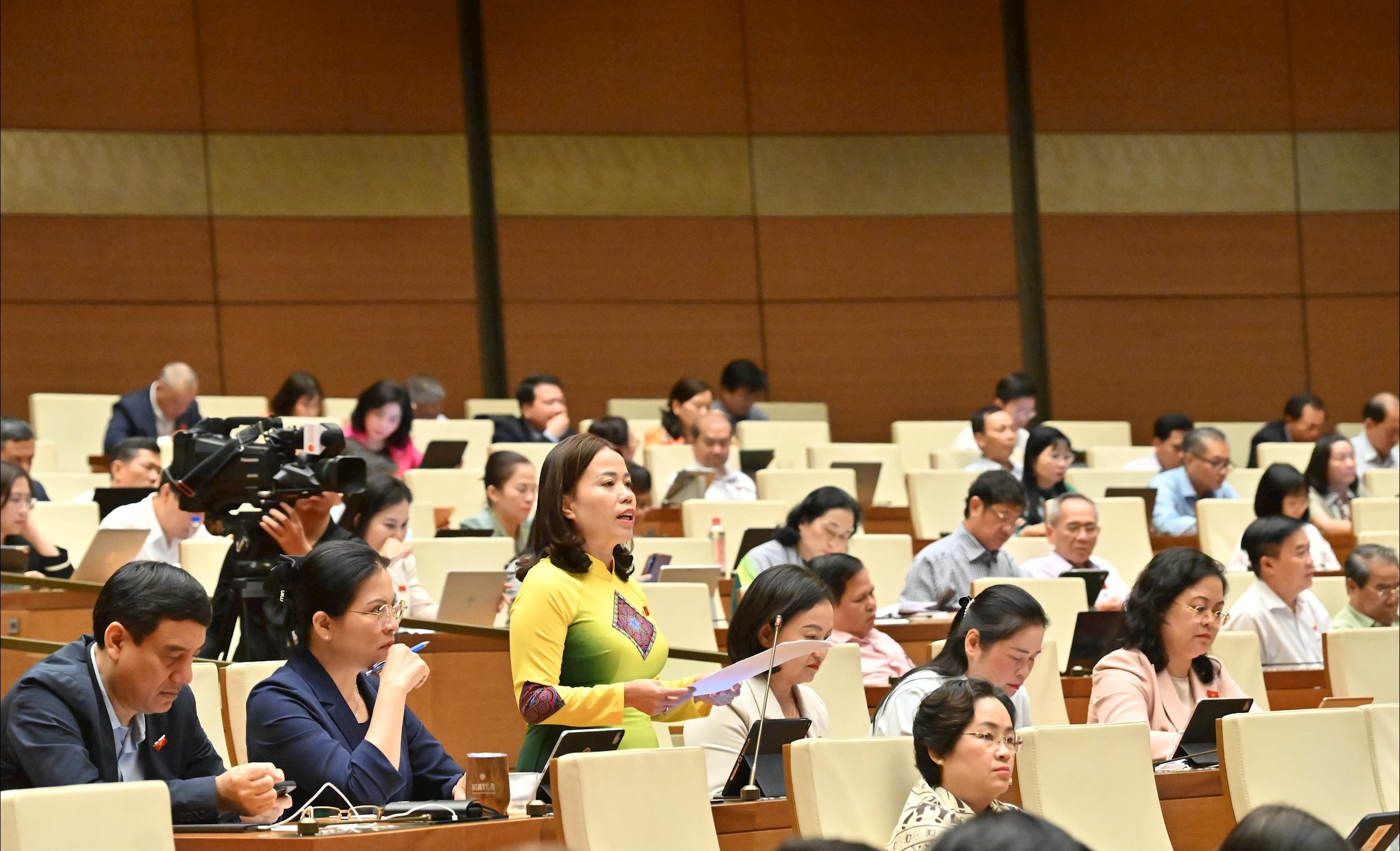
Agreeing with the National Assembly Supervision Delegation's Supervisory Report on the implementation of policies and laws on natural resources and environment protection, delegate Ly Thi Lan highly appreciated the Report, which was carefully prepared and accurately reflected reality.
In order to better and more effectively implement policies and laws on environmental protection, delegate Ly Thi Lan said that it is necessary to remove obstacles related to environmental licensing. This is a stage with many obstacles, directly affecting the effectiveness of state management.
Expressing the view that legal regulations are still overlapping, inconsistent and difficult to apply, the delegate cited the 2020 Law on Environmental Protection as an example, which has made a major reform step by integrating many types of environmental licenses into a unified license. However, implementation practice shows that some regulations in Decree No. 08/2022/ND-CP and Decree No. 05/2025/ND-CP (amended and supplemented) have not yet resolved obstacles in the dossier, process and licensing authority.
Specifically, regarding the application form, the “Report on Proposal for Granting a Permit” form overlaps with the Environmental Impact Assessment (EIA) application form, increasing the amount of procedures for businesses. Regarding the licensing time, the Law stipulates 30-45 days from the date of receiving a complete and valid application, but in reality it often takes longer. The main reason is that the application is complicated, requiring a lot of technical information, and attaching environmental protection work records. At the same time, according to Decree 05/2025/ND-CP, there are still 3 different report forms for each type of project, causing businesses to spend a lot of time completing the application.
For renovation, expansion projects or old facilities, comparing original documents is very difficult, leading to delays in the appraisal process. Compliance costs may still be high because most facilities must hire consultants to prepare documents, conduct 3 environmental monitoring sessions, and invest in additional waste treatment facilities before being granted a license. In addition, the determination of subjects that must be granted a GPMT is still inconsistent among localities.
The delegate also pointed out that, according to Article 39 of the 2020 Law on Environmental Protection, only facilities that generate waste exceeding the threshold must be licensed. However, the guidance in the decrees is still general and does not clearly define project scale criteria, leading to a situation where some places require it and others do not, causing confusion in implementation. In addition, the appraisal process still has many intermediate steps, requiring repeated editing and supplementation. Many facilities have EIA reports or periodic monitoring results, but when applying for a license, they still have to re-evaluate the waste source and prepare new documents, causing duplication, cost and prolonging the licensing process.
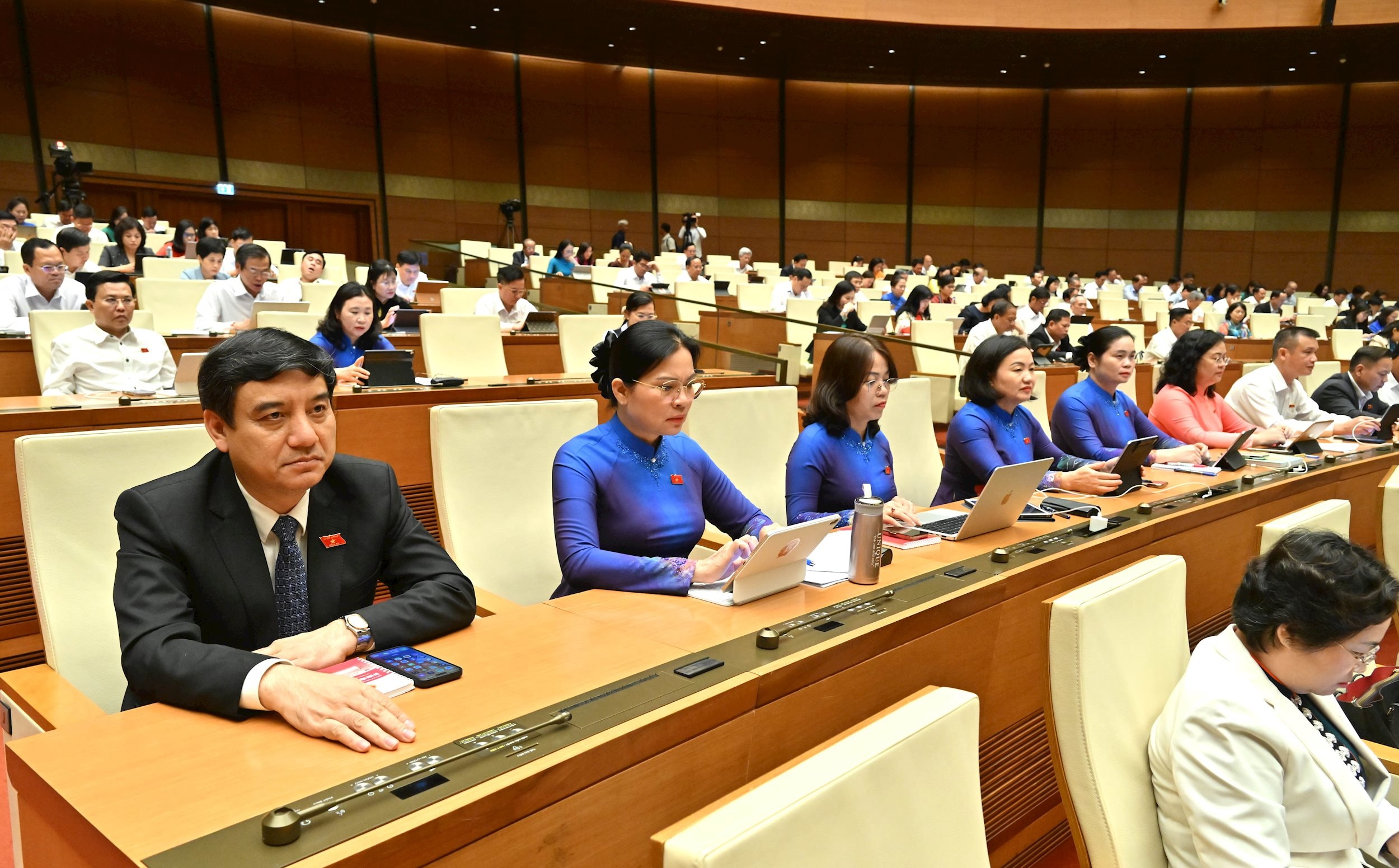
Decentralization to specialized agencies under the Provincial People's Committee
Along with the above problems, delegate Ly Thi Lan said that many localities lack professional staff, lack technical appraisal experts; monitoring facilities are limited. Enterprises' dossiers must be supplemented many times, prolonging the time, reducing investors' confidence. This reality requires allowing localities to hire experts, independent consulting organizations or inter-regional appraisal councils, with clear financial mechanisms. At the same time, training and in-depth development for environmental officers at provincial and communal levels to meet professional requirements.
According to the delegate, Article 43 of the Law on Environmental Protection 2020 stipulates that the authority to grant environmental protection permits belongs to the Ministry of Natural Resources and Environment (now the Ministry of Agriculture and Environment ), the People's Committee or the Chairman of the Provincial People's Committee, depending on the scale of the project. Group A projects, with inter-provincial elements and high risk of pollution, are appraised by the Ministry as appropriate. However, for group B and C projects, projects in industrial parks and clusters, medium-scale production, processing and livestock facilities, it is still unreasonable to submit them to the People's Committee or the Chairman of the Provincial People's Committee for approval. Because the Department of Agriculture and Environment - the specialized agency directly appraising has sufficient capacity and is responsible for the content.
Delegates analyzed that the current decentralization method prolongs the licensing process and increases administrative levels, while these projects account for a large proportion and are highly repetitive. Therefore, it is necessary to strongly decentralize to specialized agencies under the provincial People's Committee to shorten the time, increase initiative and enhance on-site management responsibility.
On the other hand, most GPMT records are still processed manually, businesses have to submit paper copies and go back and forth many times. The licensing data system has not been connected to the Environmental Information System (VEMIS) and automatic monitoring, which limits monitoring and warning of violations. Therefore, it is necessary to promote digital transformation in the entire licensing - monitoring - post-inspection process, creating a modern, transparent and convenient management platform for businesses.
Building an automatic GPMT appraisal tool based on electronic data
From the above issues, delegate Ly Thi Lan proposed to review, amend and complete the legal framework on granting Environmental Licenses, ensuring consistency between the Law on Environmental Protection 2020, Decree No. 08/2022/ND-CP and Decree 05/2025/ND-CP according to Appendix III attached to the monitoring report of the Monitoring Team, which clearly stipulates the dossier, technical criteria and licensing period; simplifying the process and application form for granting Environmental Licenses, promoting the transition from pre-inspection to post-inspection, based on voluntary registration and commitment to meet environmental discharge standards of project investors to grant Environmental Licenses to speed up the progress of granting Environmental Licenses for investment projects. At the same time, strengthening inspection and supervision of compliance with the content of Environmental Licenses by licensing agencies.
Along with that, Review and identify the subjects that really need to be controlled by the GPMT tool to regulate the subjects that must be granted a GPMT, not too broadly as at present; focus on only granting a GPMT for investment projects in the list of projects that have a risk of causing environmental pollution and discharging waste into the environment on a large and medium scale according to Government regulations.
Delegates proposed Develop an automatic environmental permit appraisal tool based on electronic data, decentralize the authority to grant environmental permits to specialized agencies under the provincial People's Committee for group B and C projects and medium-sized production facilities, instead of submitting them to the People's Committee or the Chairman of the Provincial People's Committee for signature to speed up the progress of granting environmental permits. At the same time, promote digital transformation and build a national electronic database on environmental permits, connect with the automatic monitoring system to monitor and warn of violations early; increase resources, human resources, digital transformation in the entire process of granting - monitoring - post-auditing environmental permits, ensuring publicity, transparency and controlling environmental risks right from the licensing stage.
Delegate Ly Thi Lan affirmed that promptly removing these obstacles will help the Law on Environmental Protection truly come into life, create a favorable investment environment, ensure economic development associated with environmental protection, and move towards green and sustainable growth.
Source: https://daibieunhandan.vn/hoan-thien-khung-phap-ly-ve-cap-giay-phep-moi-truong-10393345.html



![[Photo] National Assembly Chairman Tran Thanh Man received a delegation of the Social Democratic Party of Germany](https://vphoto.vietnam.vn/thumb/1200x675/vietnam/resource/IMAGE/2025/10/28/1761652150406_ndo_br_cover-3345-jpg.webp)
![[Photo] Draft documents of the 14th Party Congress reach people at the Commune Cultural Post Offices](https://vphoto.vietnam.vn/thumb/1200x675/vietnam/resource/IMAGE/2025/10/28/1761642182616_du-thao-tai-tinh-hung-yen-4070-5235-jpg.webp)

![[Photo] Flooding on the right side of the gate, entrance to Hue Citadel](https://vphoto.vietnam.vn/thumb/1200x675/vietnam/resource/IMAGE/2025/10/28/1761660788143_ndo_br_gen-h-z7165069467254-74c71c36d0cb396744b678cec80552f0-2-jpg.webp)

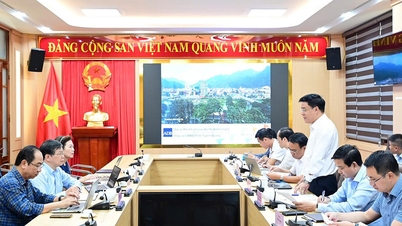

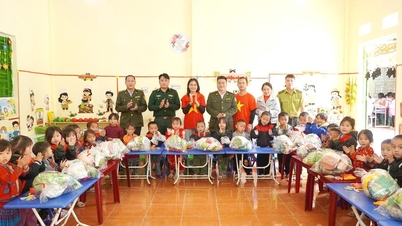
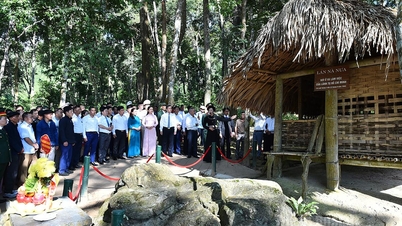
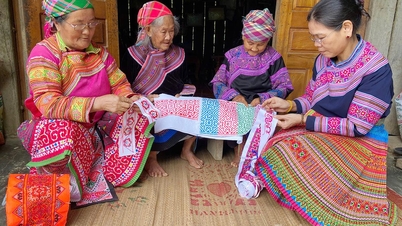
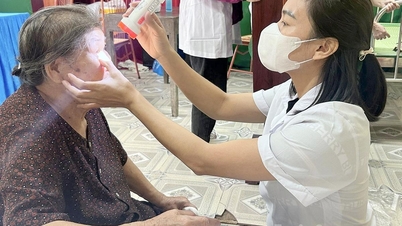
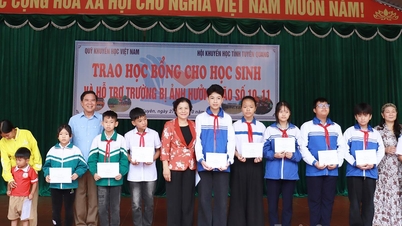
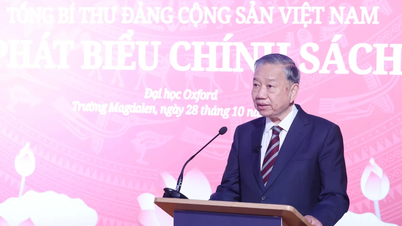

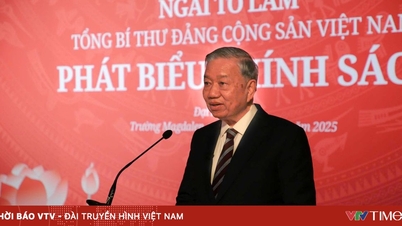

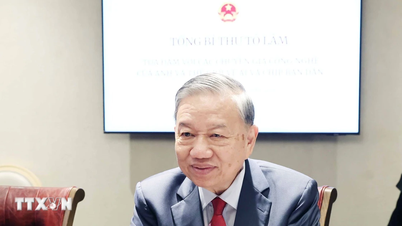

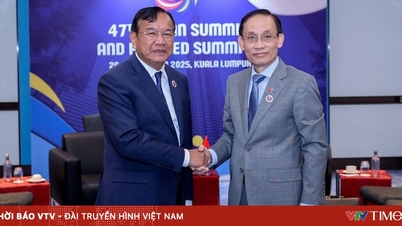
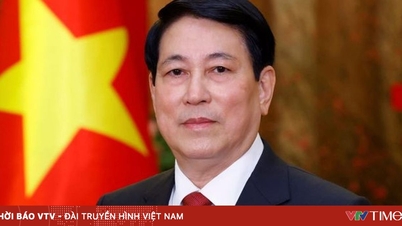
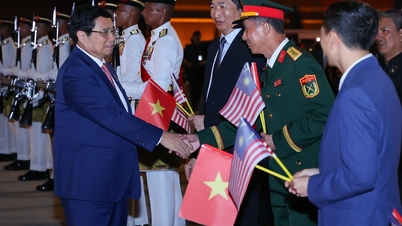





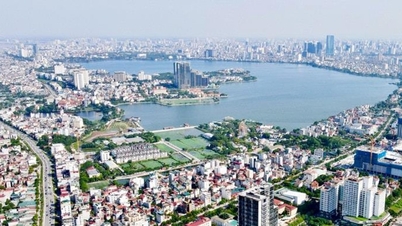
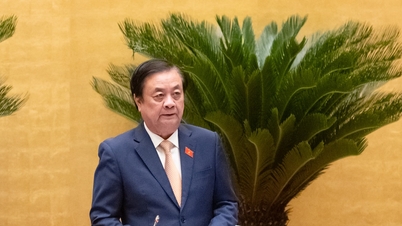
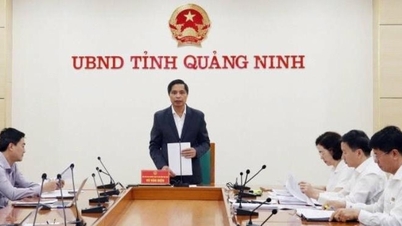
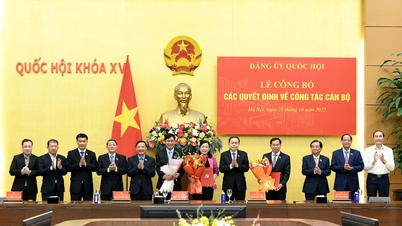
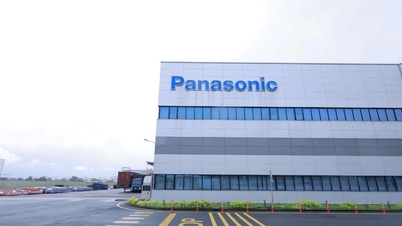
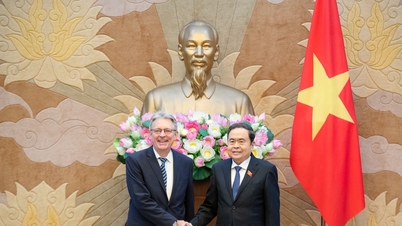
![[Photo] President Luong Cuong attends the 80th Anniversary of the Traditional Day of the Armed Forces of Military Region 3](https://vphoto.vietnam.vn/thumb/1200x675/vietnam/resource/IMAGE/2025/10/28/1761635584312_ndo_br_1-jpg.webp)


































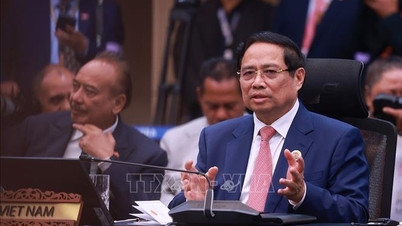
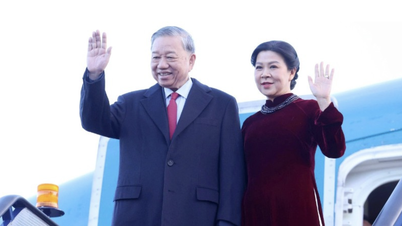


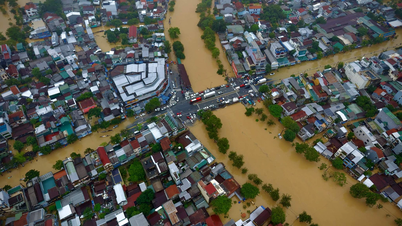


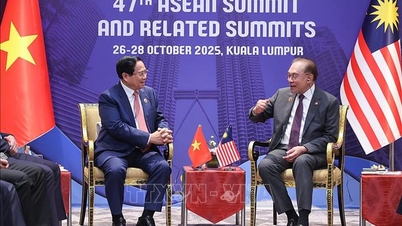

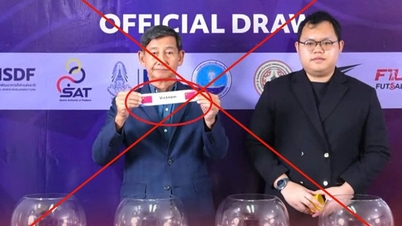

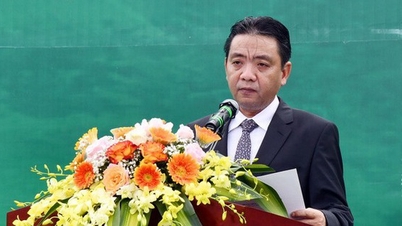
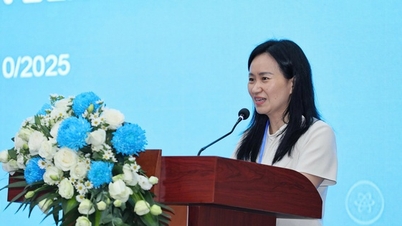

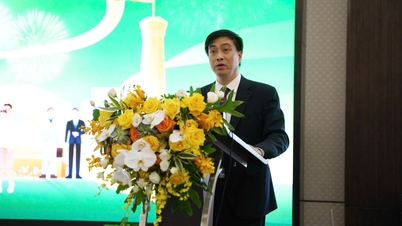


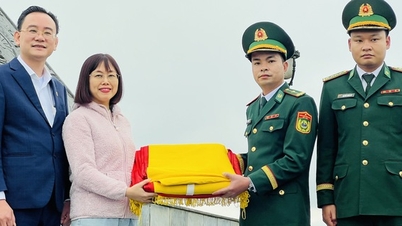
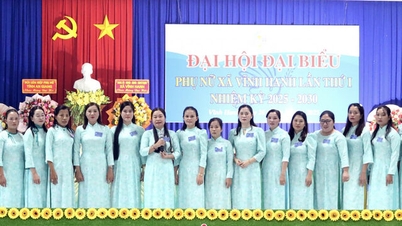

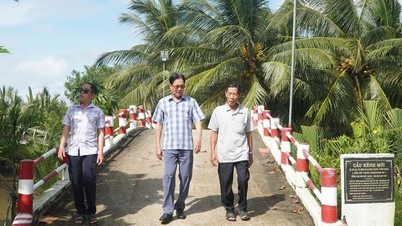
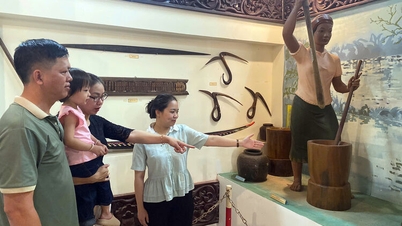
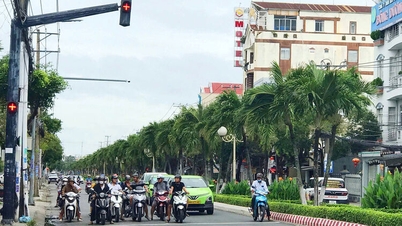
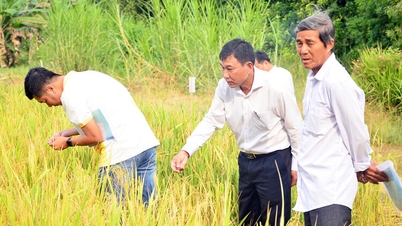
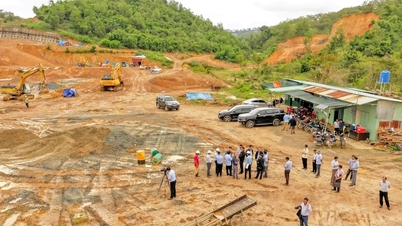















Comment (0)